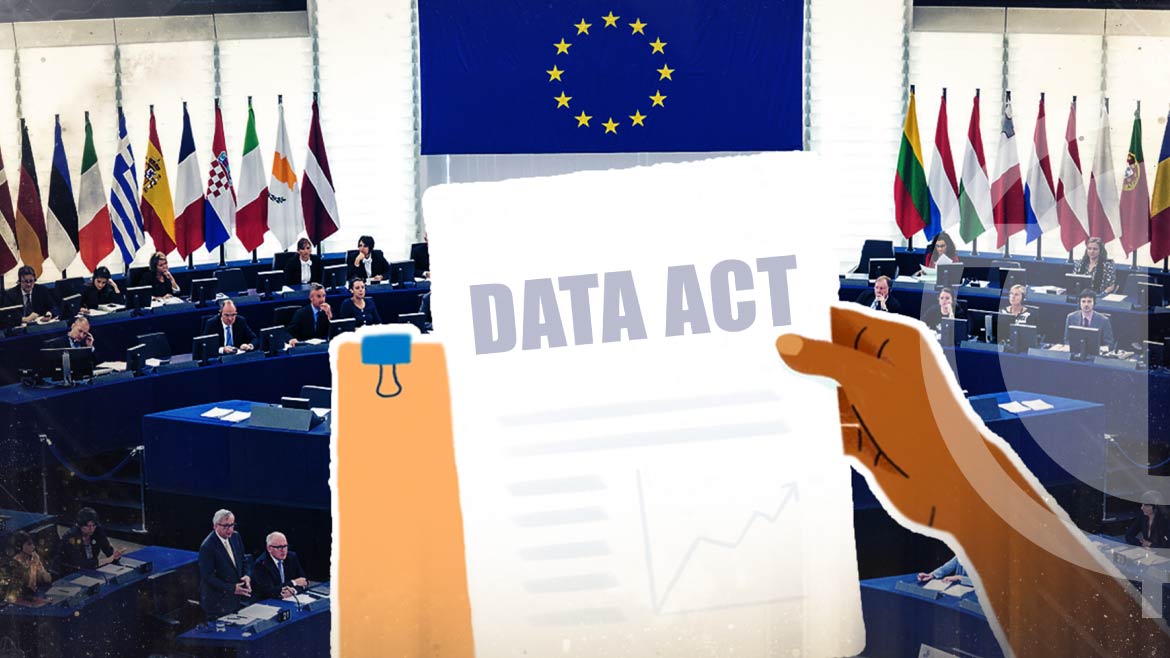The European Parliament has passed the Data Act on March 14, which aims to promote innovation by removing barriers to accessing industrial data. One of the notable provisions in the comprehensive bill is the requirement for smart contracts to be alterable, which includes rules for sharing data generated by “connected products or related services” such as the Internet of Things and industrial machines.
The act was passed by a margin of 500-23 with 110 abstentions, and it aims to encourage greater use of industrial data that is often not utilized, with 80% of such data going unused, according to the European Parliament’s statement. The act will allow for more training of algorithms and lower prices for device repairs.
Moreover, the act also includes provisions to protect trade secrets and prevent illegal data transfers. It also set requirements for smart contracts, including “safe termination and interruption.” The smart contracts should have internal functions that can reset or instruct the contract to stop or interrupt the operation. Additionally, non-consensual termination or interruption should only be permissible under specific conditions.
Furthermore, the act provides equal protection for smart contracts compared to other forms of contract. Parliament members will now negotiate the final form of the law with the European Council and individual member countries of the European Union.
This act will provide a reasonable compensation principle for data holders who are legally obliged to make data available to the data recipient in business-to-business relations. The Commission will develop guidance that outlines what constitutes reasonable compensation in the data economy.
The act also recognizes that reasonable compensation may include a margin that varies depending on factors related to the data itself, such as volume, format, or nature of the data, or on the supply of and demand for the data.






